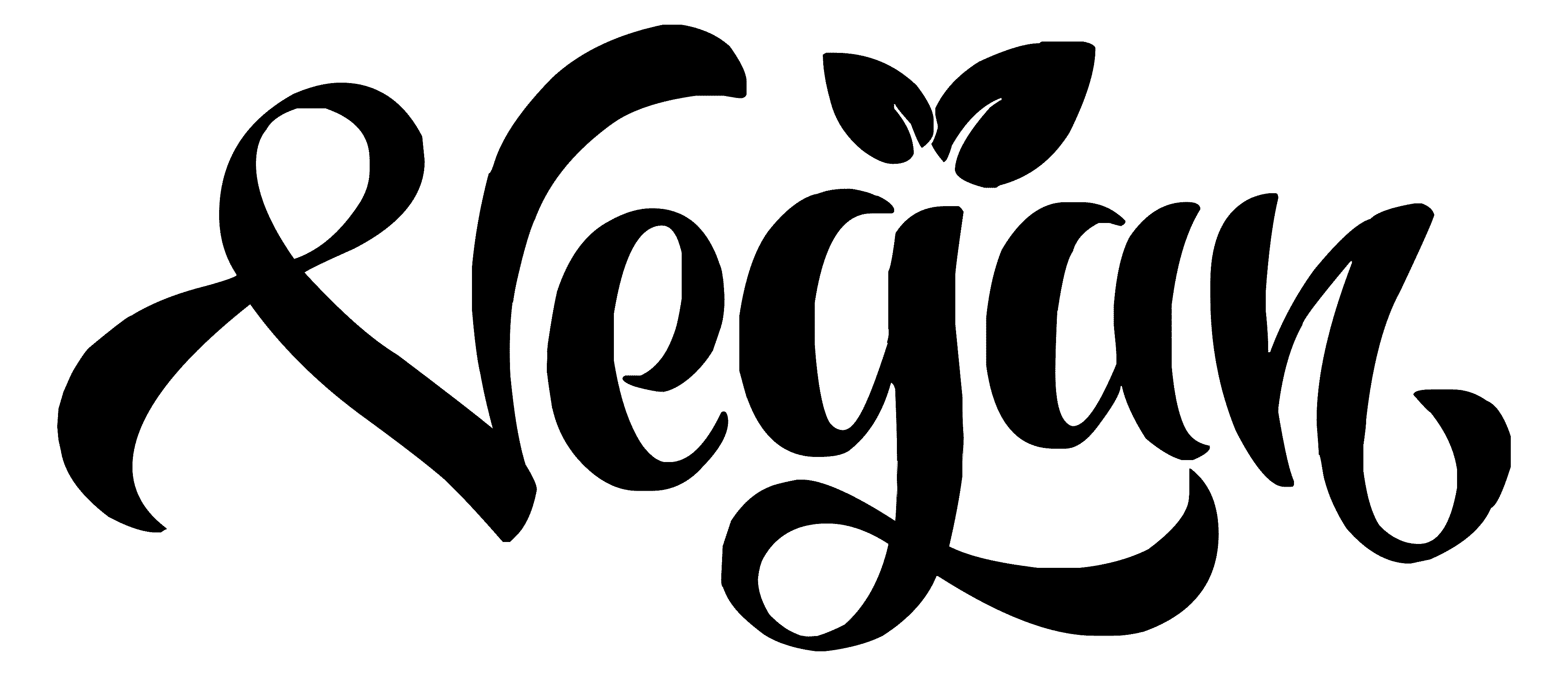Part 2: The Best Vegan Protein Sources
Eating plant-based doesn't have to mean being protein-deficient. This list of tasty protein sources will make your plate look well-rounded and leave your body feeling nourished.
Eating vegan or vegetarian is becoming a more common dietary choice, and that means more and more people have questions about getting enough nutrients, such as protein, in their plant-based diet. Here's the good news: it's very easy to meet your daily protein requirements as a vegan. The secret? It's all about balance.
If you end up becoming a "junk food vegan," then you may end up feeling low-energy and having a protein deficiency. A diet consisting purely of frozen vegan waffles and chips won't supply enough protein (or practically any other nutrient) for your body's energy needs. But if you take full advantage of a plant-based diet and fill your plates with colorful produce, hearty grains and satisfying spuds, then you should have no problem meeting your daily protein goal.
How to Determine If You're Eating Enough Protein as a Vegan?
Those who aren't sure they're meeting their protein goals can easily figure that out. Download a food tracking app, such as Cronometer or MyFitnessPal, and record your everything you eat and drink for several days. Keep an eye on your protein intake and see if you're hitting your daily number.
Or simply try incorporating more of the suggested foods below into your meals. Remember, if you have another reason to need extra protein, such as being pregnant or following a rigorous training schedule at the gym, then it's a good idea to consult a registered dietitian and pay closer attention to tracking your protein intake or just contact Nutrichef and we will take care of your diet.
Best Vegan Proteins
Free of dairy, eggs and meat, this extensive guide highlights some of the best vegan protein sources available. You will see some classics on this list, like beans and tofu, as well as often-overlooked foods like green peas and wild rice that also pack some serious protein punch.
1. Soy
Soy protein can be a part of a healthy plant-based diet. Foods like tofu, tempeh, edamame and even soy milk are great options for adding protein into your diet. The ubiquitous vegan protein is often associated with processed patties or mystery "meat" loaf, but it doesn't have to be. Try cooking up a stir-fry featuring tempeh or tofu, steaming some edamame for an easy appetizer, or topping your morning cereal with soy milk. Most experts recommend eating up to two servings of soy foods a day as soy isoflavones are heart healthy and may help reduce muscle damage during exercise. It’s also recommended to eat organic soy and tofu, which you can easily find in Bangkok.
-
Tempeh: 17 g protein per 1/2 cup
-
Shelled edamame: 9 g protein per 1/2 cup
-
Tofu: 9 g protein per 100 ounces
-
Soy milk: 7 g protein per 1 cup

2. Nutritional Yeast
Affectionately nicknamed "nooch" by the vegan community, nutritional yeast's scientific-sounding name shouldn't throw you off. It's an inactive yeast that is yellow in appearance and has a unique cheesy, rich taste. It has 4 grams of protein per 2 tablespoons and, as a bonus, is a great vegan source of vitamin B12. Most food sources of vitamin B12 are animal sources, so many vegans need to supplement. Talk to your doctor to make sure you're getting enough if you eat a vegan diet. Enjoy nutritional yeast in sauces or dressings, sprinkled on your next pasta dish or tossed into a bowl of popcorn.
-
Nutritional yeast: 4 g protein per 2 Tbsp.

3. Seitan
Seitan is created with vital wheat gluten, the main protein in wheat, which results in a chewy and hearty texture that really mimics meat in some dishes. A 100-gram serving of seitan contains 20 grams of protein. You can make seitan yourself by purchasing vital wheat gluten, if you can’t find it precooked.
-
Seitan: 20 g protein per 3 ounces 100 grams

4. Whole Grains
Easy to eat morning, noon or night, whole grains can sneak extra protein into meals even though we typically think of them as carbohydrate sources. Many varieties are naturally high in protein, not to mention they deliver fiber, vitamins and minerals to your diet. To boost your daily grain intake, start your day with a warm bowl of oatmeal, keep lunch fresh with a quinoa salad or end your evening with wild rice-stuffed peppers for dinner.
All measurements are for cooked grains.
-
Quinoa: 8 g protein per 1 cup
-
Wild rice: 6.5 g protein per 1 cup
-
Oats: 6 g protein per 1 cup
-
Buckwheat: 5.5 g protein per 1 cup
5. Green Veggies
Often overlooked when it comes to protein, green vegetables offer more than just vitamins and minerals. Foods like spinach, Brussels sprouts and green peas all contain decent levels of protein to balance out your plate. Not to mention, greens are antioxidant-rich, full of fiber, and low in calories. Try adding cooked spinach to pasta, mixing green peas into a curry, or roasting up Brussels sprouts for an irresistible crispy side.
All measurements are for cooked vegetables.
-
Spinach: 4 g protein per 1/2 cup
-
Green peas: 4 g protein per 1/2 cup
-
Brussels sprouts: 3 g protein per 1/2 cup
6. Legumes
A go-to for vegans looking to bulk up their protein intake, legumes are the budget-friendly base of many plant-based dishes. The category of legumes contains beans and lentils, both powerhouses when it comes to plant protein. Different lentil varieties can contain up to 18 grams of protein per cup (cooked), while beans can range between 10 and 18 grams per cup depending on the type. Use lentils as taco filling, in chili or as a curry base. Beans are extremely versatile; some of Nutrichef favorite ways to use them are blended into hummus, formed into fritters or as baked potato toppers.
All measurements are for cooked legumes.
-
Lentils: 18 g per 1 cup
-
Chickpeas: 11 g per 1 cup
-
Black beans: 14 g per 1 cup
7. Seeds
Seeds aren't just for the birds. From sesame seeds turned into tahini to flax seeds sprinkled onto oatmeal or baked into bread, seeds can be a rich source of protein and fiber in a vegan diet. Flax, chia, and hemp are also good sources of plant-based omega-3 fats. Seeds are an especially nice protein option for anyone with nut allergies. Spread sunflower-seed butter on toast, blend tahini into a salad dressing, or make a chia seed pudding.
-
Pumpkin seeds: 8 g per 2 tablespoons
-
Hemp seeds: 6 g per 2 tablespoons
-
Tahini: 5 g per 2 tablespoons
8. Nuts
No plant-based pantry would be complete without several varieties of nuts, which are equally easy to snack on or to incorporate into recipes. The American Heart Association recommends eating 1.5 ounces (50 grams) of nuts or 2 tablespoons of nut butters several times a week. Although the serving sizes are minimal, each contains a good dose of protein. Easy uses include packing pre-portioned bags of almonds for grab-and-go snacks, whisking peanut butter into sauces and adding a sprinkling of walnuts to your next salad.
-
Almonds: 9 g per 3 tablespoons (about 28 almonds).
-
Cashews: 8 g per 3 tablespoons
-
Peanut butter: 8 g per 2 tablespoons

More articles:
Should I eat vegan? Part 1: Why Switching to a Vegan Diet Is Good for the Planet (and You!)
Should I eat vegan? Part 3: Tips to Help Start Eating a Vegan Diet



